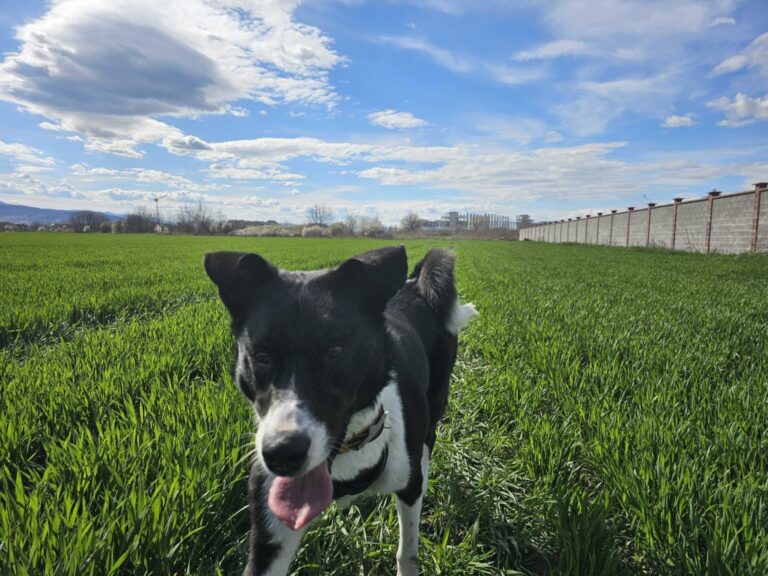The Responsibility of Photography
For many, photography is an art form; for Dominic Lewis, it represents a profound responsibility. As the owner and founder of PhotoDom NYC, one of the few Black-owned camera stores in Brooklyn, he sees photography as a powerful tool for storytelling—a means to unveil truths and narratives that might otherwise remain hidden. Through the lens of his camera, Dominic not only captures images but also reflects his commitment to the community and the cultural significance of representation in media.
“With that camera, you have a responsibility to tell the truth and to tell your story,” he asserts, emphasizing that being a photographer is not just about technique or equipment; it is about capturing and conveying authentic moments. This ethos resonates deeply, particularly in a world where diverse voices need platforms and where stories of marginalized communities need telling.
Building a Community Hub
PhotoDom NYC is more than just a retail space; it is a community hub where photographers, particularly analog enthusiasts, can gather, learn, and engage with one another. Launched in September 2020, during a tumultuous time in the world, the store has quickly grown into a pivotal resource. Within just three months of opening, PhotoDom generated $186,000 in sales, reflecting not only the demand for photographic supplies but also the community’s need for a welcoming space—all while emphasizing the importance of inclusivity in an industry often dominated by homogeneity.
Lewis’s vision for his store was clear from the outset: he wanted to create a one-stop shop that catered specifically to the needs of photographers while fostering a sense of belonging. “I definitely want PhotoDom to be a place that is catered towards the community around it, and able to still allow people to learn new skills,” he explains. Whether it is answering inquiries about photography or providing resources for learning, the goal is to ensure everyone feels comfortable seeking help.
Innovating in a Vintage Landscape
The landscape of photography is constantly evolving, with digital formats dominating the market. Yet, Lewis chose to focus on analog photography, an art form that has enjoyed a resurgence in recent years among both seasoned photographers and newcomers alike. This choice not only sets PhotoDom apart from competitors but also taps into the nostalgia and craftsmanship that many photographers cherish. The store offers not just products, but also a connection to a revered tradition that many in the digital age long to experience.
In response to the growing interest in analog photography, Lewis has taken significant steps to ensure that PhotoDom stays on the cutting edge of this niche market. From sourcing authentic vintage cameras to developing his own line of products—including jackets, lens cleaners, and camera straps—he is consistently working to expand the store’s inventory. Furthermore, leveraging platforms like Alibaba has been crucial for creating custom products that align with his brand’s vision and values.
“We are constantly trying to create more products to be able to not just increase our bottom line, but have something that we can stand behind as well,” Lewis notes, highlighting the balance between entrepreneurship and authenticity.
The Stakes of Analog Business
Operating an analog-based business amidst a digital revolution presents unique challenges. As film cameras and processing equipment become increasingly scarce, their prices soar—an inevitability that can impact profit margins and operations. Lewis acknowledges that one of the hurdles of running PhotoDom is ensuring the business remains viable in a market where vintage technology often incurs significant costs.
“They’re not making any new film cameras barely. The prices of those cameras are going to constantly start going up, as well as all the machinery you need to run a lab,” he admits. This predicament underscores the importance of strategic planning; he strategically invested in expanding his inventory and enhancing operational efficiency to meet rising consumer demands and sustain the business’s growth trajectory.
More than Just a Store—Cultivating Legacy
Dominic Lewis’s entrepreneurial journey took unexpected turns, rooted in personal experiences and observations. From grappling with the absence of a father figure while growing up to witnessing the misconceptions surrounding Black fatherhood, he felt compelled to reframe narratives that have been historically marginalized. Through his photography, Lewis documents Black fathers, aiming to challenge stereotypes and convey the joy and presence of Black parenthood, a theme he knew needed attention.
“I want to show that they are present. I have hundreds of photos of Black fathers,” he shares, pointing out the significance of celebrating familial bonds within the Black community. His commitment to nurturing positive images of fatherhood is just one illustration of how his photography evokes deeper stories that touch on larger societal topics.
Leadership Lessons and Resilience
As a burgeoning entrepreneur, Lewis has learned invaluable lessons about running a business, particularly the importance of resilience and adaptability. “One thing that I did differently with this business is having multiple streams of revenue,” he explains, as he reflects on past experiences when a singular business focus led to challenges. For anyone venturing into entrepreneurship, he emphasizes the critical nature of versatility; diversification not only strengthens sustainability but can ensure businesses continue to thrive even during economic fluctuations.
Building a successful team also posed significant challenges for Lewis, who found himself navigating the intricacies of employee relations and management. “Being able to be a boss is a very big skill that I had to learn over the years,” he admits. His approach involves understanding every aspect of the business, from operating film processors to website maintenance—knowledge that not only empowers him but allows him to train others, establishing a well-rounded team.
Envisioning the Future
Lewis’s aspirations for PhotoDom extend far beyond his current location. He envisions it as an institution integral to Brooklyn’s creative ecosystem—an oasis that nurtures talent, fosters innovation, and strengthens community ties. With plans to open a second location in areas such as Harlem or the South Bronx, his commitment to serving historically underrepresented communities remains unwavering. “Create something today,” he encourages, embodying a philosophy that emphasizes the importance of continuous growth and creativity—a guiding principle upon which PhotoDom has been established.
By offering a space that supports photography and its enthusiasts, Lewis aims to position PhotoDom as a cornerstone in Brooklyn and beyond—a legacy defined not just by the sales but by the stories told, the lives impacted, and the community connected. With every click of the shutter, he reminds us that beneath the surface of each image lies a world waiting to be revealed.



